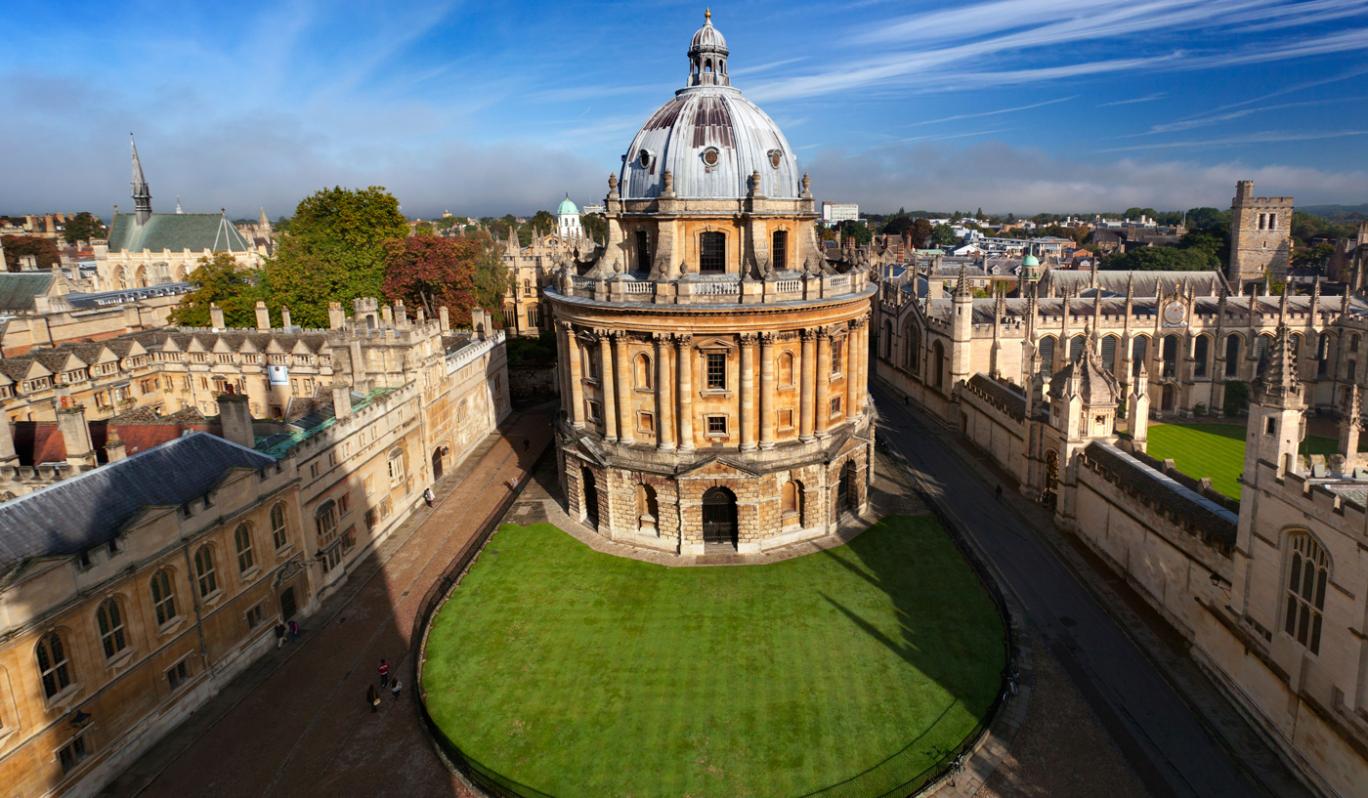Oxford and Essex students’ unions vote to remain affiliated to NUS
Bath Spa University Union also remains affiliated after just 388 students turn out to vote

Your support helps us to tell the story
From reproductive rights to climate change to Big Tech, The Independent is on the ground when the story is developing. Whether it's investigating the financials of Elon Musk's pro-Trump PAC or producing our latest documentary, 'The A Word', which shines a light on the American women fighting for reproductive rights, we know how important it is to parse out the facts from the messaging.
At such a critical moment in US history, we need reporters on the ground. Your donation allows us to keep sending journalists to speak to both sides of the story.
The Independent is trusted by Americans across the entire political spectrum. And unlike many other quality news outlets, we choose not to lock Americans out of our reporting and analysis with paywalls. We believe quality journalism should be available to everyone, paid for by those who can afford it.
Your support makes all the difference.The students’ unions at Oxford University (OUSU) Essex University of (UESU) have voted to remain affiliated with the National Union of Students (NUS) following institution-wide referendums.
At Oxford, 57.1 per cent of students who took part in the referendum voted to remain affiliated, while 56.7 per cent voted to stay at Essex.
Both referendums received a lower-than-expected turnout; at Essex, only 1,028 students voted, representing 7.1 per cent of the full-time student population, while, at Oxford, 5,975 students - 27.7 per cent of the full-time student population - turned out to vote.
Both SU’s decision to remain affiliated follows Cambridge University’s decision to retain its link with the NUS last week.
UK-wide NUS scepticism was sparked by the controversial election of new NUS National President, Malia Bouattia. Ms Bouattia, 28, sparked widespread outrage on university campuses by labelling Birmingham University as “something of a Zionist outpost.” In response, Jewish societies at 48 UK universities penned an open letter criticising her election.
Ms Bouattia also faced criticism after allegedly spearheading opposition to an NUS motion that condemned Isis, although she has strongly denied all allegation made against her.
Campaigners voting to sever ties with the NUS often point to the costs associated with affiliation. In 2014/15, NUS has said Oxford paid £23,116.84 to the NUS. Newcastle University - which voted disaffiliation three weeks ago - paid £51,395.40 in affiliation costs.
Thus far, students at Newcastle, Lincoln, and Hull have voted to break away from the NUS, while Cambridge, Warwick, Surrey, Exeter, and Essex have voted to stay. The Exeter referendum was notably close, with the Remain campaign winning by just 144 votes.
A spokesman from Oxford’s ‘Yes to NUS’ campaign told student newspaper, Cherwell: “We are delighted Oxford has said, in resounding numbers, Yes to NUS.”
Richard Brooks, NUS vice-president of union development also said he was “happy” with the result, and added: “We have a lot of work to do, but we are already developing a new democratic structure and look forward to OUSU being part of this process.”
The Essex ‘Students for NUS’ campaign commented: “It is positive Essex students have voted for their students’ union to remain part of NUS. It is important NUS listens to concerns raised by students during the referendum.”
The president of Oxford University’s Jewish Society, Isaac Virchis, expressed his disappointment with the result. He told Cherwell the result “must not be taken as a mandate for the NUS to continue in its current state regarding anti-Semitism and the welfare of Jewish students.”
A statement from the ‘No Thanks NUS’ campaign in Oxford admitted it is “disappointed” at the outcome of the “David and Goliath contest.” The team added: “While we respect the result, we are also saddened that the campaign was marred by personal attacks from the Yes campaign and electoral malpractice from the NUS itself.”
The team was making reference to accusations of “electoral malpractice” which had hit Oxford’s referendum. At New College, an email was distributed to the some students’ mailing list encouraging them to vote to remain with the NUS, despite election rules stating such mailing lists were not permitted.
OUSU president and leader of the ‘Yes to NUS’ campaign, Becky Howe, suggested to Varsity paper this was an “innocent mistake.” A spokesman for the pro-NUS campaign also explained to Cherwell “the access rep was…not familiar with OUSU rules.”
The ‘No Thanks NUS’ campaign later sent a similar email encouraging students to vote for disaffiliation.
The pro-NUS Oxford campaign also emailed NUSExtra card holders stating the case to remain affiliated to the NUS. The NUS was previously chastised for using the same tactic during Cambridge’s referendum by emailing an NUS mailing list concerned with saving energy, reports Varsity.
An NUS spokesperson said of the claims: “We have been working with each union on the role NUS officers can play in each campaign as they are a valuable part of the debate. We will continue to work with the students’ unions to address any specific concerns that are raised.”
Referendums on NUS membership are currently being held at York and Nottingham universities, and another is scheduled to take place at Durham next week. On Thursday, the Bath Spa University Union attempted to hold an NUS referendum, but it was inquorate.
Join our commenting forum
Join thought-provoking conversations, follow other Independent readers and see their replies
Comments